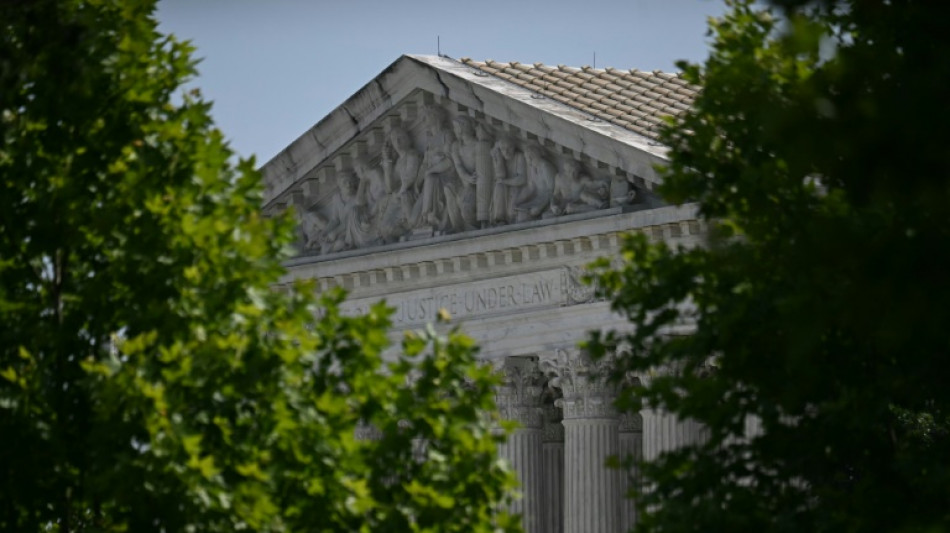
US top court sidesteps ruling on contentious social media laws

The US Supreme Court on Monday ordered lower courts to review a pair of Republican-backed laws that imposed restrictions on social media content moderation, in a decision welcomed by the tech industry.
Tech industry trade groups had challenged the laws passed by conservative Republican lawmakers in Florida and Texas in a bid to stem what they claimed was political bias by major platforms.
The Supreme Court declined to rule on whether it was constitutional for states to pass legislation that limit the powers of social media companies to moderate their content, leaving the two laws in limbo as the lower courts conduct their review.
Florida's measure bars social media platforms from pulling content from politicians, a law that was passed after former president Donald Trump was suspended from Twitter and Facebook in the wake of the January 6, 2021 assault on the US Capitol.
In Texas, the law stops sites from pulling content based on a "viewpoint" and is also intended to thwart what conservatives see as censorship by tech platforms such as Facebook and YouTube against right-wing ideas.
Neither law has gone into effect due to the litigation.
The challenge was brought by associations representing big tech companies, the Computer & Communications Industry Association (CCIA) and NetChoice, who argue that the First Amendment allows platforms to have the freedom to handle content as they see fit.
"We are encouraged that a majority of the Court has made clear that the government cannot tilt public debate in its favored direction," CCIA president Matt Schruers said in a statement.
"There is nothing more Orwellian than government attempting to dictate what speech should be carried, whether it is a newspaper or a social media site."
The decision was also welcomed by tech advocacy groups.
"The government does not have the right to impose rules on how companies like Meta and Google should accomplish" content moderation, said Nora Benavidez, senior counsel at the watchdog Free Press.
"These laws would have further ratcheted up the amount of hate and disinformation online while undermining both the meaning and the intent of the First Amendment," she added.
Monday's decision comes after the Supreme Court last week rejected a Republican-led bid to curb government contact with social media companies to moderate their content.
The decision handed a win to President Joe Biden's administration and top government agencies ahead of the presidential vote in November, allowing them to continue notifying major platforms including Facebook and X about what they deem as false or hateful content.
O.Pileggi--PV
